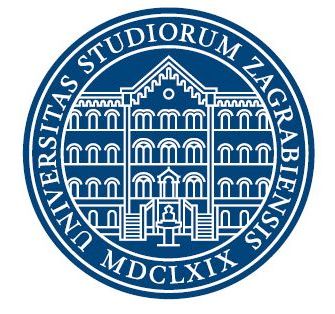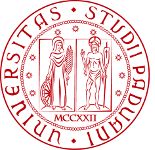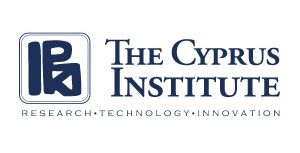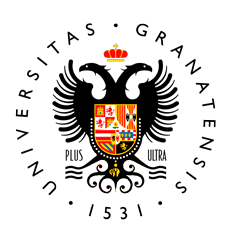About project
As a consequence of the COVID-19 pandemic lockdown, most universities were closed in March 2020. Although many began partially re-opening from September, far-reaching restrictions, and any prediction as to when the situation will end seems to be hardly possible at the moment. The situation now (October 2020) seems to be worsening and in some areas teaching is slowly returning to be online. Teaching staff face significant challenges in adapting to new ways of teaching, maintaining adequate communication with students, supporting students’ learning and development, and assessing their progress.
Research conducted by UniPD during the lockdown (April 2020), using online questionnaires among university teaching staff, has shown a worrying gap between students’ adaptability to the online situation and that of teaching professionals. Most university students are digital natives, born and raised in a digital environment and therefore ready to shift and adapt to the digital context. On the other hand, the great majority of university teaching staff continued teaching as if they were in a classroom, through video and audio conferencing platforms and uploading traditional PDFs of texts and PowerPoints. Very few university professors tried to exploit the pedagogic benefits of online teaching and most complained about the lack of interaction with students, showing little knowledge of the wide number of interactive possibilities of online learning and assessment applications. Although many universities have well-established eLearning support services, most teachers admitted that they never undertook any kind of eLearning course and themselves acknowledged their lack of digital competencies. In addition, most saw the need for digital competence as limited to this specific current situation, rather than a long-term requirement.
PROJECT OBJECTIVES
Digital literacy
Foster digital literacy and tackle disinformation among humanities teaching staff in universities in Mediterranean countries, researching how (or if) they are adapting their teaching to the new online context.
eLearning
Engage teaching staff in exploring the different possibilities of blended teaching, communicating and assessing the student’s level of understanding and degree of engagement with the learning system through specific open educational resources with contents linked to the Humanities area.
PROJECT RESULTS
Survey & Analysis
Online survey of educator’s digital competencies and analysis of the resulting data
Questionnaires on online competencies of humanities teaching staff from different Mediterranean countries including Spain, Italy, Croatia and Cyprus.

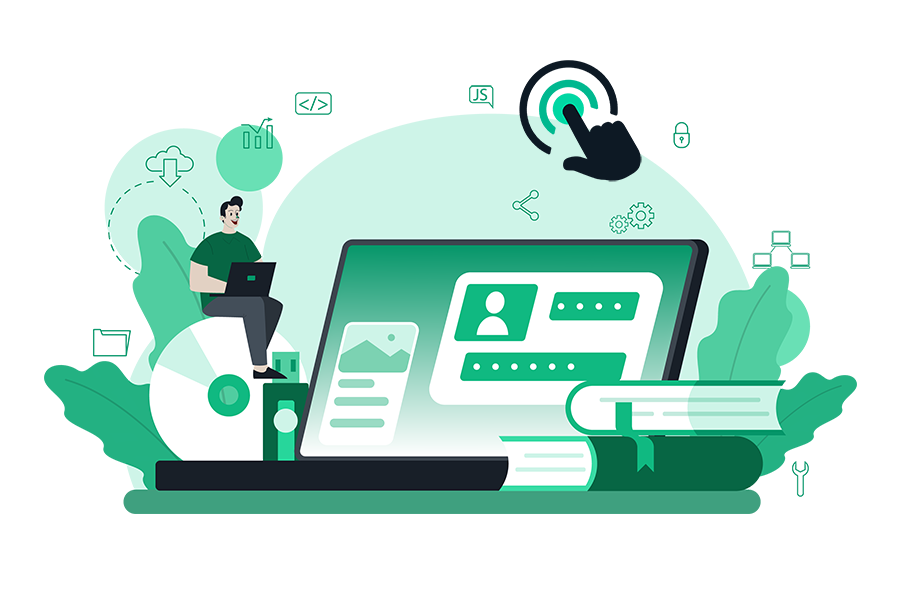
Guidelines & Tutorials
Guidelines and Tutorials for teaching staff and verification of effectivity
Design and definition of guidelines, tutorials and training courses for teaching staff on the structure and applications used in the open educational resource as well as different
assessment tools used and how best to implement them.
Content Creation
Visual content creation and acquisition for the course and the complementary digital library
Creation of visual contents including lidar, radar, 3D, virtual and augmented reality images.
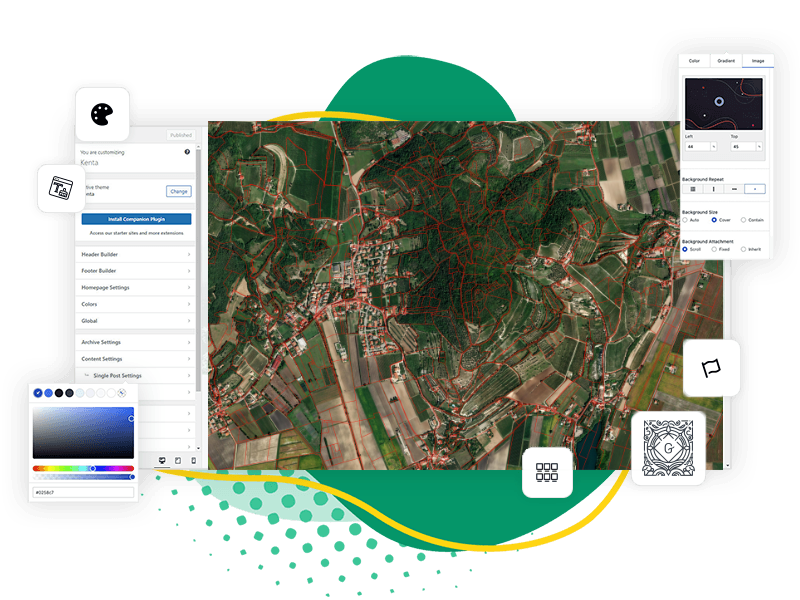
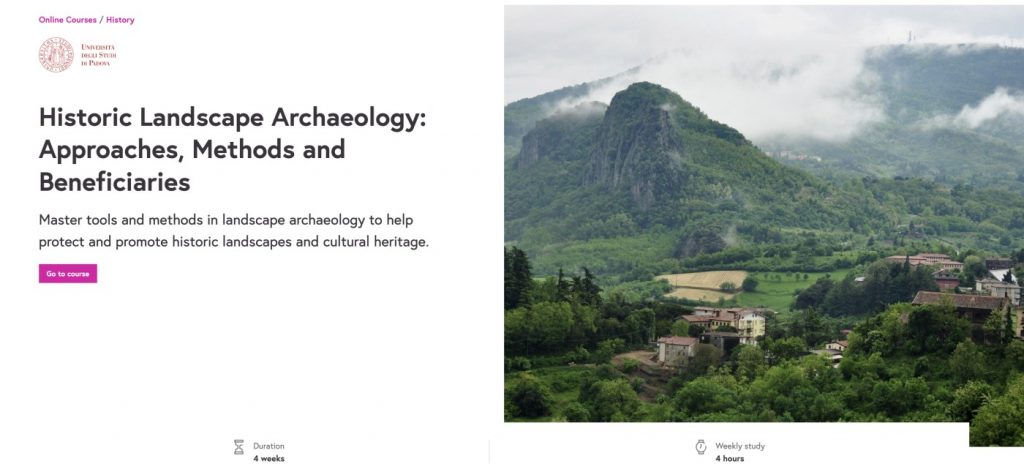
Online Course
Design of an online interactive course on European Historical Landscapes
Design of the Online Course on European Historical Landscapes and design and optimization of the different content, development of instruments and technical aspects used in
this open educational resource including facilities for disabled learners.
CONTACT
University of Zagreb
Faculty of Humanities and Social Sciences
Ivana Lučića 3, 10000 Zagreb, Croatia
+385 1 123-456-7890
support@example.com


